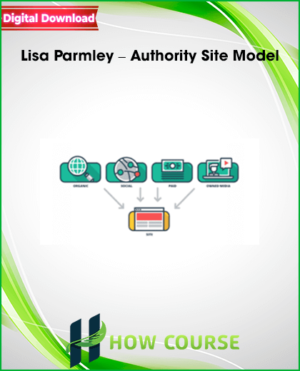Claude Malagoli – Tax Liens Mastery Online
Here’s just some of the powerful information you’ll learn:
– Discover how you can safely create a consistent monthly cash flow of an extra $1,200.00 per month, $9,300.00 per month, and even more.
– How you can safely acquire valuable real estate for about 5 to 10 cents on the dollar, and earn large chunks of money, as much as $33,000.00 – $120,000.00+ per transaction (minimum).
– How to access thousands of tax lien certificate and tax deed lists online.
– How you can get started making a fortune with Tax Lien Certificates starting with as little as $10.
What is a tax lien certificate?
When a real estate owner does not pay their property taxes, 27 states and 1,152 cities and counties sell tax lien certificates to investors. The government gets its property tax money immediately. The investor buys a tax lien, which is then secured by the real estate.
Tax lien certificate yields vary, according to state law. Arizona’s top rate is 16 percent, Florida pays as much as 18 percent, but in Michigan, the rate goes up to 50 percent in the second year. If the property owner doesn’t redeem the property from the investor by paying the back taxes plus the high-interest rate, the investor gets the title and possession of the property.
New investors can start small, perhaps investing a few hundred or a few thousand dollars, and then buy more tax lien certificates later. Although not all states are smart enough to offer tax certificates to speed up tax collections, after reading this book, they’ll learn why they should.
At the time of writing, states currently offering tax certificates include Alabama, Arizona, Colorado, Florida, Georgia, Illinois, Indiana, Iowa, Kentucky, Louisiana, Maryland, Massachusetts, Michigan, Mississippi Missouri, Nebraska, New Hampshire, New Jersey, New York, North Dakota, Oklahoma, Rhode Island, South Carolina, South Dakota, Vermont, West Virginia and Wyoming.
Can You Really Get Rich Buying Tax Lien Property, Tax Lien Auctions and Tax Lien Investments?
You may be wondering what a tax lien investment is and whether the opportunities for profit suggested by these programs really exist. As is usually the case there is a mixture of the truth in these claims, and a lot of exaggeration or selective showcasing of the results.
Tax lien auctions are real. They take places when a property owner fails to make their tax payments. Most people think of tax liens as being local or state sales when homeowners default on their property taxes, but the IRS can also place liens on a property if the property owner does not pay their income taxes. These homes will then be sold at auction to recover the money owed in back taxes.
Most of these sellers will show you large, beautiful homes that could easily sell in the $200,000 plus range. They have manicured yards and expensive cars in the driveways. They often feature testimonials and interviews with regular people just like you who have made tens of thousands of dollars in just a couple of weeks using these so-called tax lien investment sale secrets.
As a rule, these homes are going to be low-value homes that are owned free and clear by the homeowner or a relative. The government has priority to seize the property for back taxes even if there is a mortgage loan on the property. At first that seems like it would open up the opportunity to get some great deals. There is one problem with that though.
If there is an outstanding mortgage on the property, the mortgage lender will pay the back taxes before the property goes to a tax lien auction which in turn would be your tax lien investment. They are not going to risk losing their collateral to the government.
While some states will simply list the property and anyone can purchase it for the taxes owed, most use an auction to sell it. At these auctions, bidders will usually bid up to nearly the market value of the home, which makes the profit margins on any one property narrow.
The rules for these auctions vary from location to location as do the legal documents and real estate forms involved. Be sure to do your homework if you are considering trying your hand at the tax lien market and tax lien investment.
> Please contact our team if you have questions, or broken links via our email [email protected].








